Home » A Reckoning for Opiates
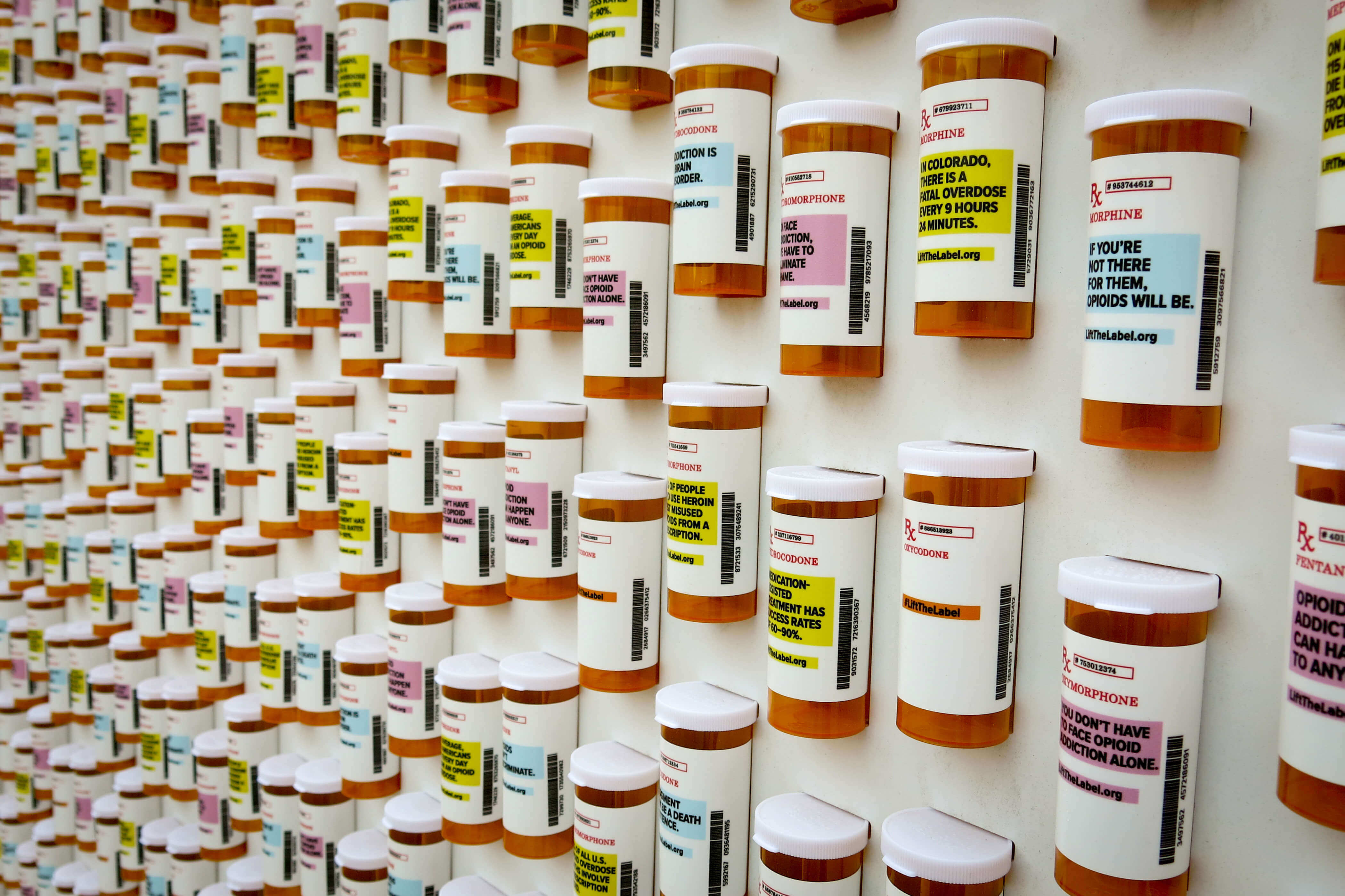
A Reckoning for Opiates
- Anthony Dent, Founding Member
- 2 Comments
-If money talks, will this massive lawsuit against the opioid industry make anybody listen?
The dastardly 2020 has changed the way we think about health. Many of us are left to wonder how something as miniscule as COVID could have such mammothian impact, and what culpability we Americans played in letting it loose. (I wonder how free the anti-maskers feel when they’re hooked up to a ventilator? – Oh wait, thats right. Its a hoax. NVM.)
So we wonder of our agency – some of us – the richest country on earth unwilling to compromise our wealth, at the expense of our health.
It starts at the top.
A Massive lawsuit against Opioids
Maybe our precious money can be used for good, afterall. 49 U.S states – Oklahoma already got theres – are suing the opioid industry for a staggering 2.2 trillion dollars to address the harm caused by the opioid epidemic. That’s more money than many nations GDP’s. Is it enough?
Of course not.
Well, maybe it is. Because as we’ve seen during this pandemic, an American life has a price tag attached to it.
But the gargantuan is symbolically substantive enough to impress the notion; the damage caused by pharmaceutical companies fetish with pushing opioids on Americans is unquantifiable, much as even a trillion dollars is impossible to comprehend.
It’s almost as hard to fathom that 450,000 Americans have been claimed since the turn of the century due to opiates. This has pushed Perdue Pharma, one of the chief instigators with their aggressive approach pressuring and incentivizing doctors to get patients hooked and coming back for more, to file for bankruptcy.
Bankruptcy? I bet street dealers wished they had such a luxury.
Pointing Fingers
Perdue is eager to point out that their medicine is intended to do good. Of course they are. Much as your local drug dealer is quick to pull you aside and point out all the benefits of injecting some crack. So the FDA shovels the blame off on fentanyl, heroin, and other street drugs, as if they don’t share a playbook with your everyday narco; push a good deal, expand your network, and most importantly, get your customer coming back.
If Perdue is the dealer, the FDA is El Patron, or the Godfather. Taking their cut and shuffling their underlings along, the FDA has much to gain from the opioid epidemic. And they’d rather shift the blame. It’s much easier for them to hit a rival gang than look inwards.
This, of course, leads us back to kratom.
Kratom and the FDA
In 2016, the FDA nearly convinced their enforcers at the DEA to effectively ban kratom, going so far as to ensure that kratom could not even be studied. It failed.
The irony is difficult to fathom.
The FDA is largely to blame for the opioid crisis. They bowed to pressure from the pharmaceutical industry and, without properly studying what long term effects of mass opioid use on a population, allowed it to be the golden goose for drug manufacturers.
Sound familiar?
Now, the FDA has turned its sights to kratom. The same kratom that they can’t pin down for a single fatality. The same kratom that millions of Americans are turning to so they can quit the very opiates that the FDA turned over to the voracious, apathetic capitalist greed which led to an explosion of prescriptions (In West Virginia, more opiate prescriptions are written than they have citizens.)
Are we missing something?
Mac Haddow, the American Kratom Associations head lawyer, has extensive experience with the FDA from his time as a policy maker in Washington. He says the FDA profits from the sale of opiates. And that hardly comes as a surprise. Why else were they so eager to unleash opiates on the American public?
And why else are they so desperate to ban kratom?
Even if the deafening chorus around kratom is one quite different than the one around opiates; Kratom has saved my life, say the people. Kratom has remarkable medicinal potential, says the science.
Funny thing, science. It seems to get in the way of profit.
So maybe the kratom community is going about it wrong. Instead of trying to keep the FDA away from kratom, we need to let them grab ahold of it.
Let them make some money off it.
If we can make that happen?
Best believe kratom will be here to stay.
Featured Products
-
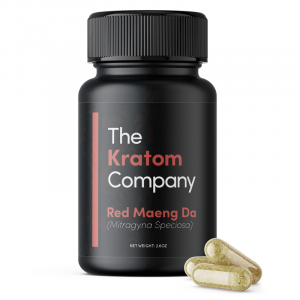 From $24.00Select options This product has multiple variants. The options may be chosen on the product page
From $24.00Select options This product has multiple variants. The options may be chosen on the product page -
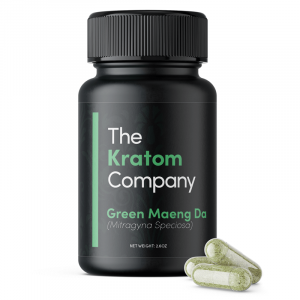 From $24.00Select options This product has multiple variants. The options may be chosen on the product page
From $24.00Select options This product has multiple variants. The options may be chosen on the product page -
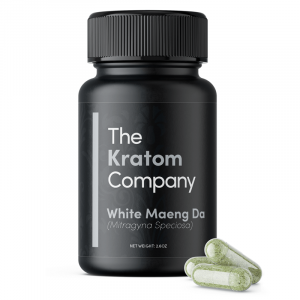 From $24.00Select options This product has multiple variants. The options may be chosen on the product page
From $24.00Select options This product has multiple variants. The options may be chosen on the product page
Explore More Posts
Product Search
Featured Products
-
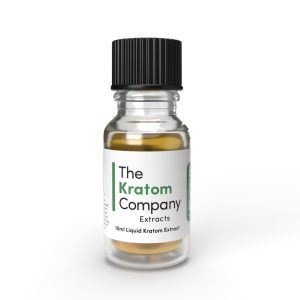 Pure Kratom Liquid Extract
Rated 4.72 out of 5From $20.00
Pure Kratom Liquid Extract
Rated 4.72 out of 5From $20.00 -
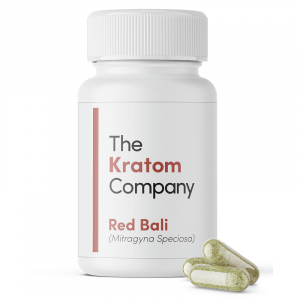 Red Vein Bali Kratom Capsules
Rated 4.70 out of 5From $24.00
Red Vein Bali Kratom Capsules
Rated 4.70 out of 5From $24.00 -
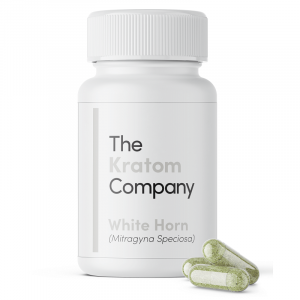 White Horn Kratom Capsules
Rated 4.88 out of 5From $24.00
White Horn Kratom Capsules
Rated 4.88 out of 5From $24.00
Follow Us
Strains
Blogs
NEWSLETTER
Sign up for our newsletter!

These statements and products presented on this website have not been evaluated by the Food and Drug Administration FDA. The products mentioned on this website are not intended to diagnose, prevent, treat or cure any diseases or health conditions. Therefore any information on this website is presented solely as the opinions of their respective authors who do not claim in any way shape or form to be medical professionals providing medical advice. The KRTM Company and its owners or employees cannot be held responsible for, and will not be liable for the inaccuracy or application of any information whatsoever herein provided. By purchasing our products you agree that you are aware and in compliance with your local county, state, or federal regulations. Must be 21 years or older to purchase Kratom. The US FDA has not approved kratom as a dietary supplement. We do not ship to the following states, cities and counties in the US where Kratom is banned: Alabama, Arkansas, Indiana, Rhode Island, Vermont, Wisconsin, Sarasota County, FL, Union County, MS, Denver, CO, San Diego, CA, and Jerseyville, IL.

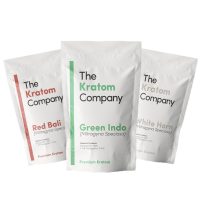




This Post Has 2 Comments
Love this. Keep it up with these great topics.
hard to imagine willingly letting the fda make another single dollar. however getting angry doesn’t solve anything. please continue to bring people together with these articles man